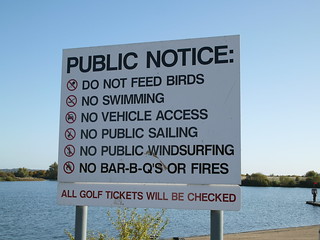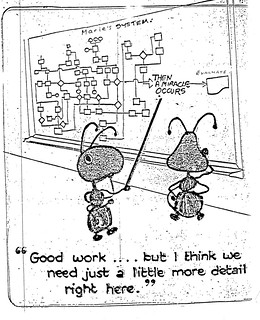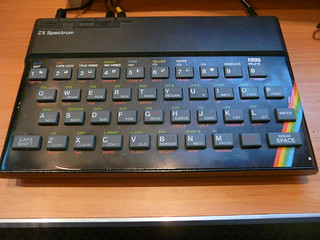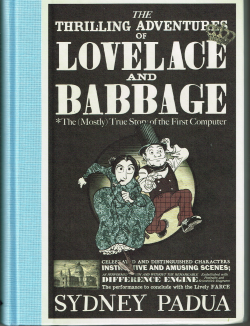 I’ve been trawling through the archives, and came across the following article. If you missed it the first time around, here’s a chance to read it. If you read it when it was first published, well here’s your chance to enjoy it again!
I’ve been trawling through the archives, and came across the following article. If you missed it the first time around, here’s a chance to read it. If you read it when it was first published, well here’s your chance to enjoy it again!
It’s about flash fiction, and how it can help teach ICT – don’t be put off by the old-fashioned terminology: it all still applies to the new computing curriculum.


















